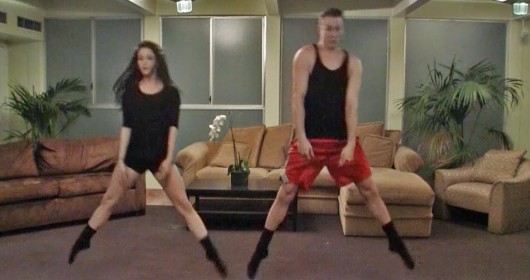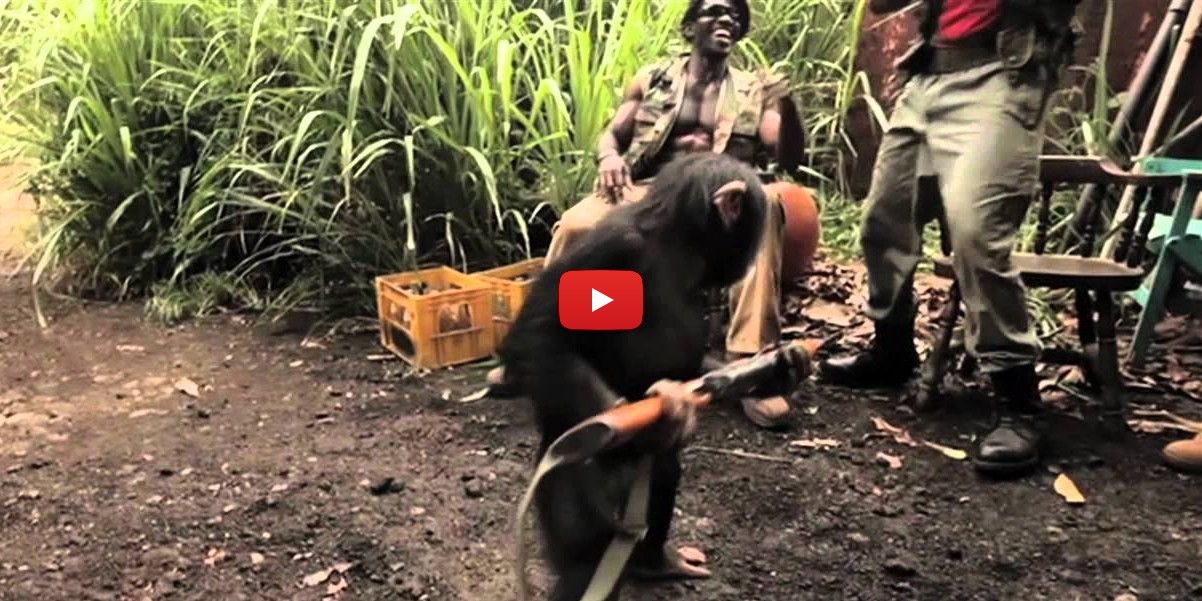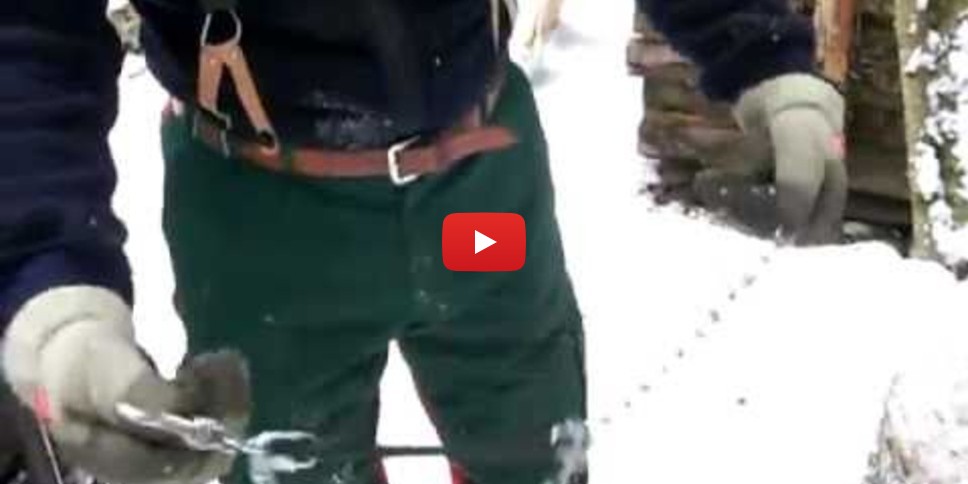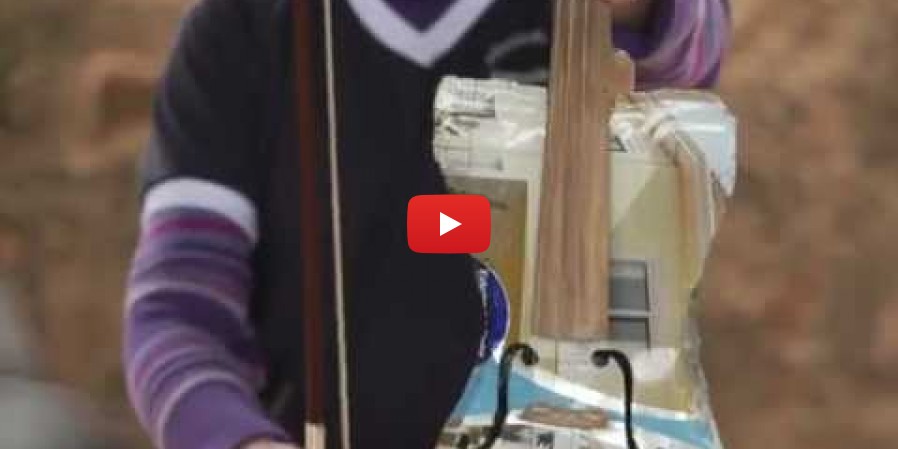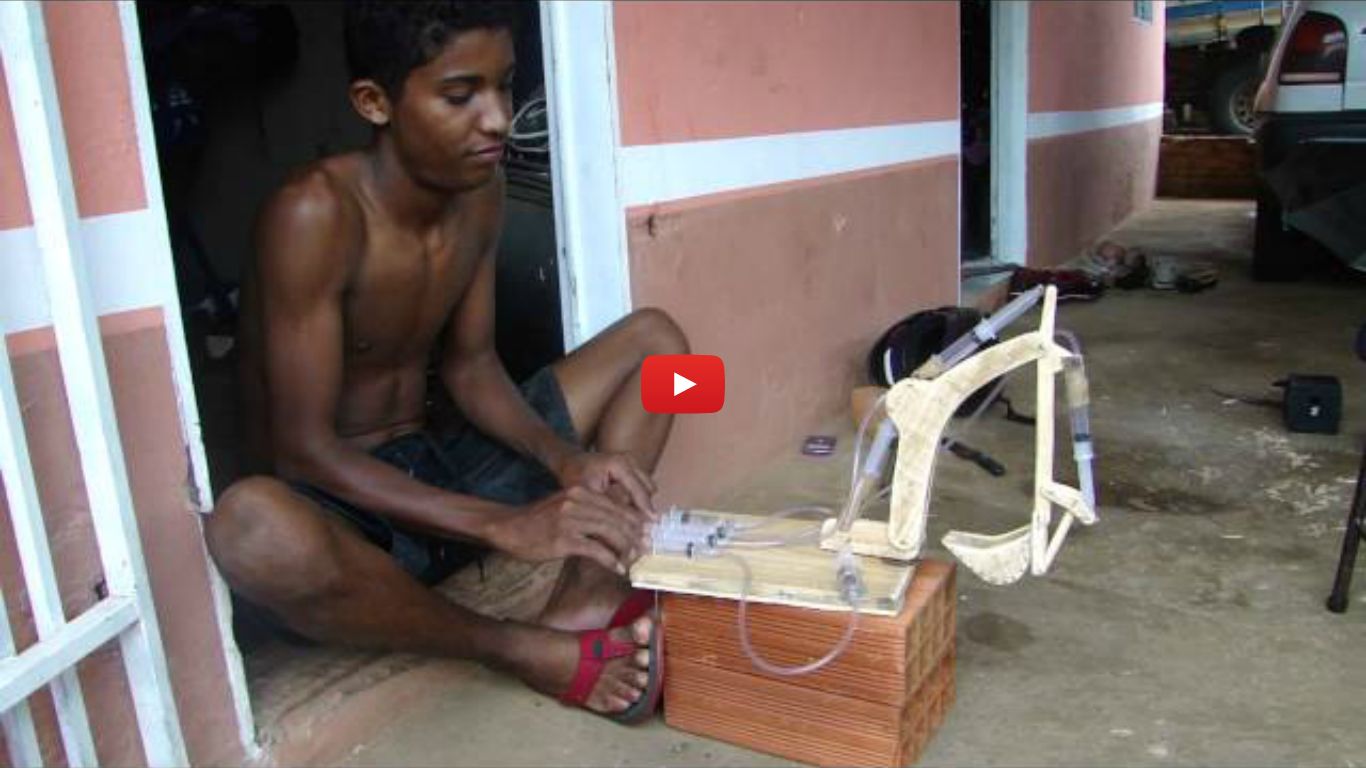Amazing Facts about Scotland
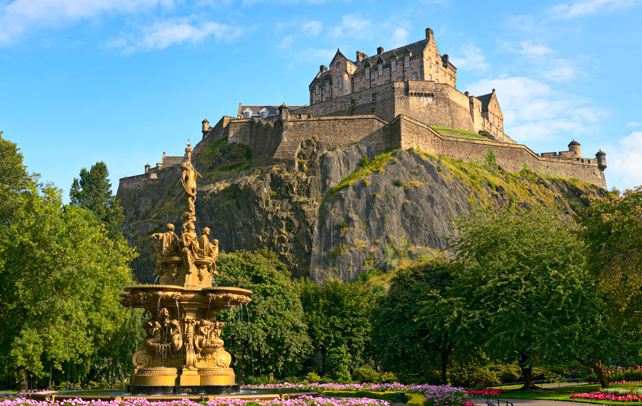
A priceless jewel in the crown of royal Britain, Scotland is one of the nations that form the United Kingdom of Great Britain. The country has more than 790 islands that include the Northern Isles and the Hebrides. From listening to a bagpipe melody to playing golf, the experience is actually quintessentially Scottish. Small in size it might be but Scotland certainly doesn’t lack in offering a horde of multifarious experiences that will convince a traveler to come back for more. Known for the beautiful old castles, dotted around the country, the land also boasts of its large reserves of fresh water lakes known as lochs. Scotland has some of the best country pubs, historical monuments, and scenic beauties that are unsurpassed in charm. The tumultuous Scottish history marked with fascinating events will capture your imagination. Below are some of the amazing fun facts about this fascinating country. Read on to know what makes Scotland so special!
Fast Facts
Capital: Edinburgh
Largest City: Glasgow
Official Language: English
Regional Language: Scottish Gaelic, Scots
Demonym: Scottish or Scots
Religion: Christianity
Legislature: Scottish Parliament
Independence: November 30
Area: 78,387 sq. km
Population (mid-2010 census): 5,222,100
Currency: Pound sterling
National Bird: Golden eagle
National Animal: Unicorn
Interesting And Fun Facts About Scotland
- The motto of Scotland is “No one provokes me with impunity” or Nemo me impune lacessit in Latin.
- During the Pleistocene ice ages, Scotland was completely covered with ice sheets, which became the only reason of landscape damage at that time.
- During First World War, Scotland provided ships, manpower, money, machinery, and fish, thus playing a major role among other British countries.
- In 1922, the economy of Scotland was hit by severe depression that lasted for 17 years. It recovered in 1939.
- Radar, the object detection system, was invented by the scientist from Scotland, Sir Robert Alexander Watson-Watt, who invented it during World War II. Initially it remained nameless; later in 1941 it was named as radar by the US navy.
- Aberdeen, Dundee, Edinburgh, Glasgow, Inverness, and Stirling are the six main cities of Scotland.
- Sean Connery, the famous Hollywood actor, is of Scottish origin.
- Scotland is located in the Greenwich Mean Time (GMT) zone.
- The highest point in Scotland is Ben Nevis that has an altitude of 1343 meters or 4,406 feet. In Scottish usage, Ben Nevis means “mountain covered by fog”.
- 7 out of every 10 Scots have blue eyes.
- Though all the banks in Scotland print their own money, they do not have the authority to produce coins. The right to mint coins is reserved by the English Royal Mint.
- Scottish bank notes are not legal tenders and business establishments in Wales and England are not legally bound to accept them.
- Scotland is renowned for the quality production of whisky.
- Like Rome, Edinburgh is also built on seven hills.
- Though Scotland is a part of the United Kingdom of the Great Britain, its legal system is still separate from that of England, Northern Ireland, and Wales.
- Scots law, derived from the Roman law, comprises of both civil law and common law.
- The unique legal system of Scotland consists of three verdicts: guilty, not guilty, and not proven. There is no retrial for not guilty and not proven, and they also result in acquittal.
- 59 MPs elected from territory-based Scottish constituencies represent Scotland in the British House of Commons.
- For the purposes of administration, Scotland is subdivided into various sections. The local government has 32 council areas, the Scottish parliament has been assigned with 73 constituencies and eight regions while there are 59 constituencies for the United Kingdom parliament. The Scottish fire brigades, healthcare, postal districts, churches, and various governmental and non governmental organizations are other purposes that subdivide Scotland.
- Scotland has approximately 790 islands out of which only 130 are inhabited.
- The lowest point in Scotland is the Bed of Loch Morar, at 987 feet or 300 meters below sea level.
- Scottish surnames are derived from two categories, namely, Gaelic names and Germanic names.
- The Bank of Scotland is the second oldest surviving bank in United Kingdom that was founded in 1695. It was also the first bank to print its own banknotes.
- Scotland has over 600 square miles of freshwater lakes, known as lochs.
- Scotland shares the land border with England only that stretches for 96 kilometers from the basin of River Tweed and the Solway Firth.
- Glasgow city, founded in the 6th century by St. Mungo, is the largest city of Scotland.
- The scheduled flight from Westray to Papa Westray in the Orkney Islands of Scotland is the shortest one in the world. It takes 1 minute 14 seconds to cover one and a half miles.
- The Scottish wildcat is the quickest animal to fend for itself after birth. It faces the world alone at the age of one month and begins hunting at the age of 3 months.
- St. Andrew in Scotland has been one of the preferred places for playing golf since 15th century. Although the origin of golf is still under debate, the most accepted evidences reveal that it originated from St. Andrew, Scotland in the 1100s.
- Scotland has the highest waterfall in Britain, with a height of 658 feet which is four times more than that of the Niagara Falls. The Waterfall is called Eas Coul Aulin which is situated in the county of Sutherland, Scotland.
- Tiree is the windiest place in Scotland having an average gust of over 100 miles per hour.
- Tombs of 48 kings of Scotland, 8 kings of Norway, and 4 Kings of France can be found in the Chapel of St. Oran on the island of Iona, Hebrides.
- Scotland is the second largest country in the United Kingdom of Great Britain.
- The first city in the world to have its own fire brigade was Edinburgh, capital of Scotland.
- The official currency of Scotland is Pound Sterling.
- English is the official language of Scotland while Gaelic is spoken by minority.
- The Scottish city of Aberdeen is often referred to as “The Granite City” or “Europe’s Oil Capital”.
- In terms of funds under management, Edinburgh is the sixth largest financial centre of Europe.
- Scotland’s longest river is the river Tay at 120.6 miles.
- David Dale, James Watt, Thomas Telford, Joseph Black, Robert James Nasmyth, Robert Stevenson, Adam and John MacAdam, the prominent scientists, engineers, and architects of the 19th century belonged to Scotland.
- Scotland has hosted major international events such as, FIFA World Cup, the Rugby Union World Cup, the Rugby League World Cup, the Cricket World Cup, and the Commonwealth Games.


